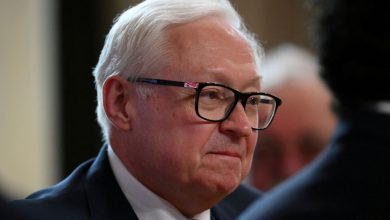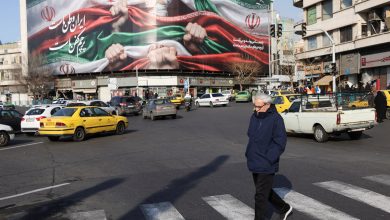Rabat – Intellectuals and human rights activists in Morocco have sharply criticized the Akhannouch government for accumulating wealth at the expense of the impoverished population, which continues to suffer from extreme poverty, repression, and a lack of social justice. Increasingly, voices across the country are warning that the government has paved the way for systemic corruption, leading the kingdom toward disaster.
Disturbing Statistics Reflecting Economic Decline
Moroccan writer Hassan El Khabaz pointed out that Morocco is on a dangerous trajectory, citing the alarming data released by the High Commission for Planning (a government body). The latest report indicates that more than 80% of Moroccan households reported a deterioration in their living conditions over the past year, with only 15% managing to maintain a stable standard of living.
What is more troubling, El Khabaz adds, is that over 42% of Moroccans have exhausted their savings during the past three years, while many have resorted to loans just to cover daily expenses. Furthermore, 98% of citizens expect food prices to rise further, making it nearly impossible for families to purchase essential goods.
“These figures are shocking by all measures, and the Akhannouch government must take them seriously to avert disaster,” El Khabaz warned. “If the current government continues on this path, Morocco is heading toward collapse. The growing dissatisfaction among citizens with the government’s performance is undeniable.”
Public Disillusionment and the Fight Against Corruption
In an article, Moroccan journalist Younes Meskine noted the ongoing battle between corruption and reform, stating that while no nation is entirely free of corruption, most governments have at least pretended to support reformers. However, in recent years, Morocco has taken an alarming turn, with corruption being normalized and even defended as a legitimate point of view.
Meskine criticized the manipulation of public discourse around corruption, saying that activists who fight bribery, embezzlement, conflicts of interest, and the fusion of money and political power are now being targeted as criminals. “The Moroccan government has shifted from addressing corruption to silencing and delegitimizing those who fight against it,” he observed.
He further highlighted the coordinated attacks on anti-corruption efforts, including state institutions, stating: “It is no longer acceptable for oversight bodies, watchdogs, or even planning commissions to criticize public policies.” Meskine referenced the case of Mohamed Bachir Rachdi, head of the National Authority for Integrity and Anti-Corruption, who was subjected to harsh criticism, much like civil society activists such as Mohamed El Ghloussi.
A Government Facilitating Corruption
Meskine argued that Morocco’s current policies are deliberately designed to suppress dissent and shield corrupt actors. He pointed to the government’s recent criminal procedures bill, which restricts citizens and associations from reporting corruption, while also barring the public prosecutor from initiating investigations into financial crimes without official permission from higher authorities—many of whom are under government influence.
Anti-Corruption Efforts Stifled by Government Policy
In a social media post, Mohamed El Ghloussi, head of the Association for the Protection of Public Funds, denounced the government for sheltering corruption. He warned that the Akhannouch government has taken deliberate steps to dismantle anti-corruption mechanisms and close the chapter on the fight against corruption in favor of powerful elites benefiting from the looting of public funds.
“The government has frozen the national anti-corruption strategy and shut down discussions on criminalizing illicit enrichment,” El Ghloussi explained. He also noted that the National Anti-Corruption Commission has been effectively dismantled, while the government has ignored the recommendations of constitutional bodies such as the National Authority for Integrity and Anti-Corruption. “Instead of supporting these efforts, the government has attacked them in parliament, undermining their credibility,” he added.
Conclusion: A Kingdom in Crisis
The growing public outcry reflects widespread disillusionment with the Akhannouch government’s policies, which are perceived as favoring corrupt interests over the welfare of the people. With rising poverty, repression, and erosion of public trust, many fear that Morocco is on a dangerous path toward economic and social collapse.
For further developments and in-depth coverage of Morocco’s political landscape, visit DZWATCH.DZ.
Author: nor-eleslam
Akhannouch’s government criticized for enabling corruption and deepening social crisis




